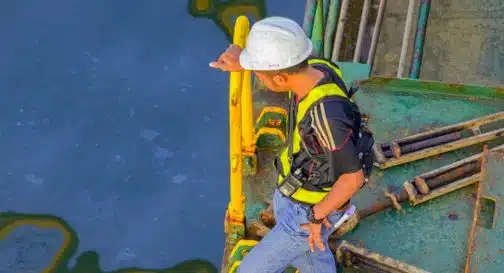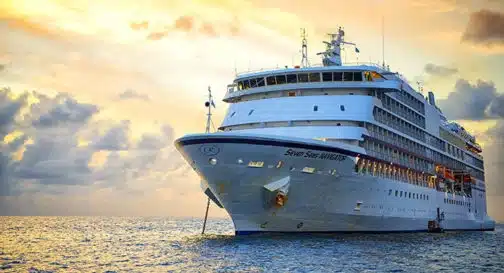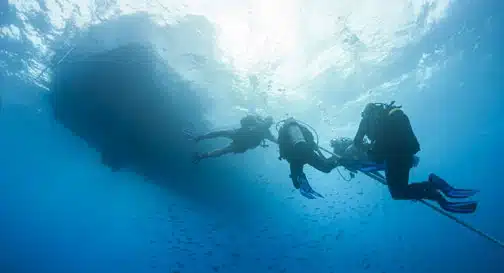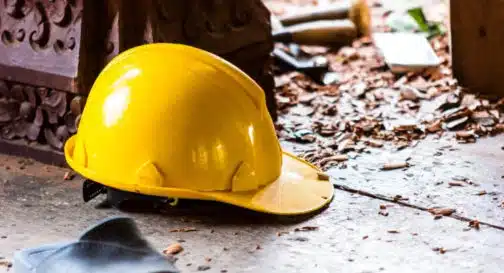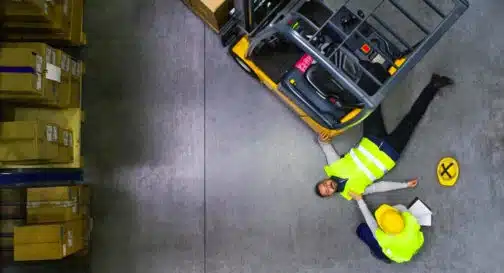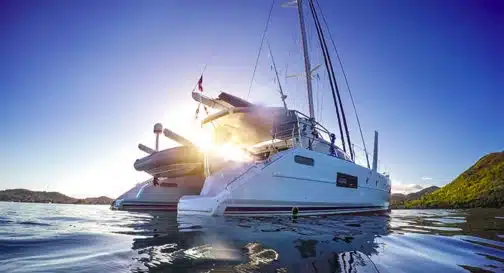California Maritime Accident Lawyer
Maritime Injury Attorney Preston Easley Represents Seamen and Longshoremen in Maritime Accident Claims and Wrongful Death Cases Involving Workers and Employees in San Pedro, San Diego, and Throughout CA
When maritime workers are injured on the job, they can’t file a workers’ compensation claim like other workers. Injuries that these workers experience are governed by specific federal laws. Depending on the type of maritime worker you are, you are entitled to compensation under either the Jones Act or the Longshore and Harbor Workers’ Compensation Act.
Attorney Preston Easley handles personal injury cases involving maritime workers. He actively fights to defend the rights of injured crew members, passengers, longshoremen, maritime construction workers, dockyard workers, and other maritime workers. You can rely on his expertise in maritime law to protect your rights. Mr. Easley will fight to recover maximum compensation on your behalf. Contact the law offices of Preston Easley to book your consultation.
Maritime Accident Lawyer Preston Easley is a Graduate of the U. S. Naval Academy in Annapolis, Maryland. You Can Rely on His Expertise in Maritime Law to Protect Your Rights. Contact Him Today For a Free Consultation About Your Case.
Types of Maritime Accidents and Injuries that a California Maritime Accident Lawyer can help you with
Maritime workers vary in their occupation as well as their job sites. There are maritime workers that work at sea and others that work in offshore facilities. Maritime workers include seamen, construction workers, forklift operators, longshoremen, fishermen on commercial fishing vessels, and many more. Maritime accidents and injuries are therefore varied. Attorney Preston Easley has handled maritime cases involving but limited to:
- Barge Accidents
- Boat and Ship Passenger Injuries
- Boating Accidents
- Catamaran Accidents
- Cruise Ship Accidents
- Passenger Injuries
- Ferry Accidents
- Jet Ski Accidents
- Motorboat Accidents
- Passenger Vessel Accidents
- Personal Watercraft Accidents
- Scuba Diving, Commercial Diving and Dive Boat Accidents
- Ship Accidents
- Tour Boat Accidents
- Tugboat Accidents
- Statute of Limitations on Maritime Accident Claims
Defective maritime products
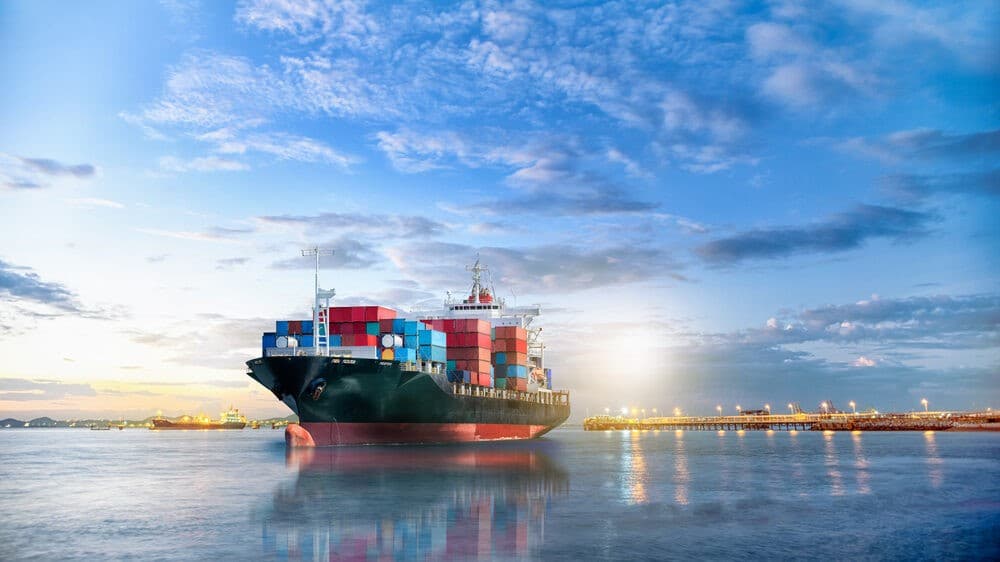
Many maritime work environments are full of machinery including engines and other electronic equipment that are essential to operations aboard the vessel. The risk of injury is therefore quite high especially if there are defective products. Defective products under maritime law include those that are poorly designed, flawed, or poorly built. Manufacturers of these products as well as employers may be held liable for injuries resulting from the use of these products.
Inadequate training
Maritime jobs are amongst the most dangerous jobs in the country. There are therefore stringent laws and safety requirements that exist to ensure safety. For example, maritime workers must receive proper training to ensure that they can do their jobs properly and safely. Unfortunately, not all maritime employers adhere to these laws. Many in fact, overlook the training of their workers in order to meet deadlines. This may result in injuries in the workplace. These employers can be held liable for their negligence.
Accidents due to unseaworthiness of vessels
Natural water environments such as seas present many potential dangers even under good conditions. Maritime employers are required to provide reasonably safe work environments for their workers. This means that vessels should be designed, built, and maintained to provide safe conditions. Maritime employers and vessel owners can be held liable if the vessel is considered unseaworthy. Common injuries that occur as a result of working on an unseaworthy vessel include burns from fires or explosions, drowning or nearly drowning caused by the sinking of a vessel, broken bones from trips, and fall accidents.
Dock and pier accidents
Piers and docks are essential to maritime operations. They are a major part of any port and many activities related to maritime operations take place here. These activities include the use of heavy equipment and vehicles. Maritime workers in these environments are constantly on the go. The risk of an accident occurring in this environment is very high. Common accidents in docks and piers include fires and explosions, vehicular accidents, electrocutions, and crane accidents.
Contact the Law Offices of Preston Easley for Free Consultation with an Experienced and Knowledgeable California Maritime Accident Lawyer
Attorney Preston Easley is a knowledgeable and experienced California maritime accident lawyer. He has considerable experience handling both state and federal cases in maritime law. He has worked in the maritime industry and served in the navy. He will provide you with a unique perspective on your case. Contact us to schedule a free consultation.
Frequently Asked Questions About Maritime Accident Claims
Under the Jones Act, a seaman is defined as a person that spends a significant amount of time working onboard a vessel that is ‘in navigation’. Under the federal act, a vessel that is said to be ‘in navigation’ is a vessel that is:
— Afloat
— In operation
— Can move
— Is located on navigable waters
A seaman may be a crew member or a captain aboard such a vessel. This vessel does not have to be moving or be at sea. It simply needs to meet the criteria outlined above.
I am an injured seaman.
Am I entitled to compensation?
Yes. Seamen are entitled to compensation under the Jones Act. The federal law provides seamen with the opportunity to seek three separate types of damages. Under the Jones Act, injured seamen can:
Sue their employers for negligence: Employers are required by maritime law to provide seamen with a reasonably safe environment to work in. They are also required to maintain the vessel aboard which the seamen work and ensure it is in a reasonably safe condition. Maritime employers can be held liable for injuries that seamen suffer while working aboard a vessel.
Sue the owner of the vessel for unseaworthiness: Vessel owners are required by maritime law to ensure their vessels are seaworthy. A seaworthy vessel has the right design for its functions. It is also equipped and maintained to provide a reasonably safe working environment for the seamen working on board. A vessel owner may be held liable if their vessel is considered unseaworthy.
Claim maintenance and cure: Under maritime law, injured seamen are entitled to cure and maintenance from their employer. The employer is required to cover their medical expenses and provide for their upkeep while they recover from injury.

